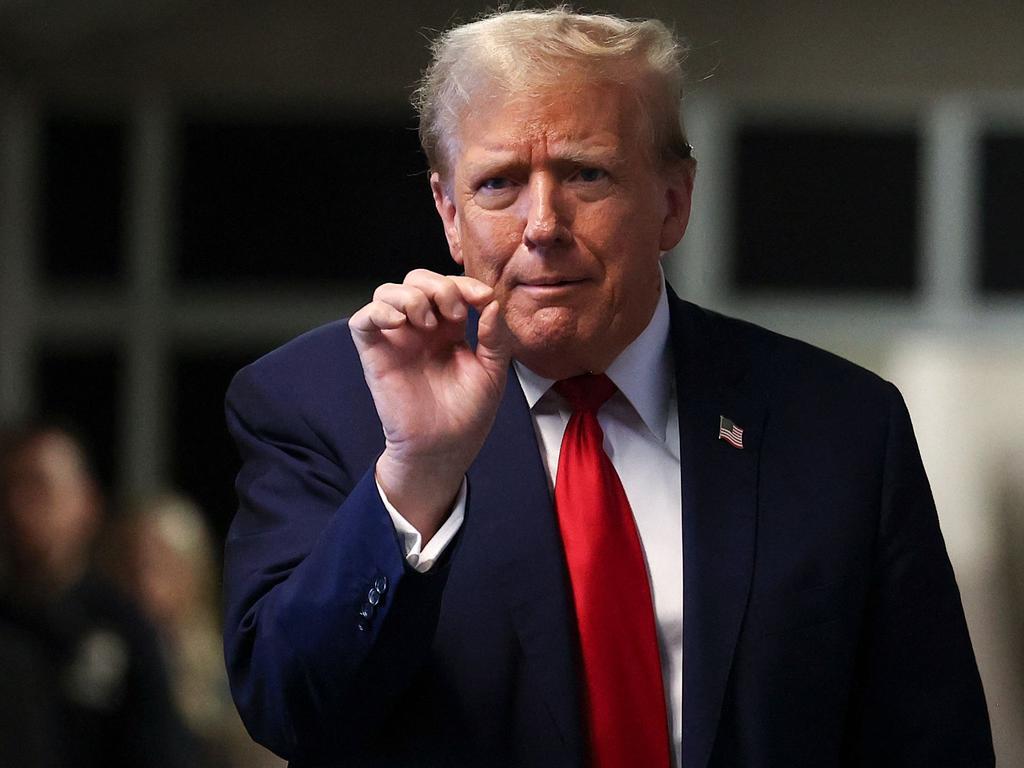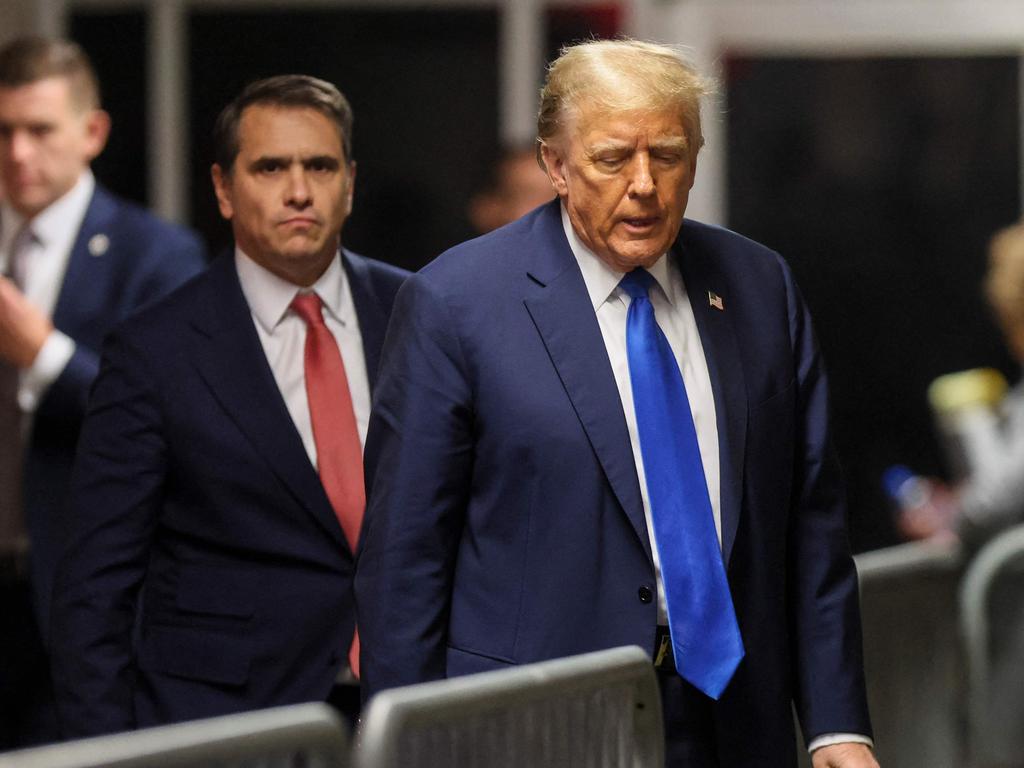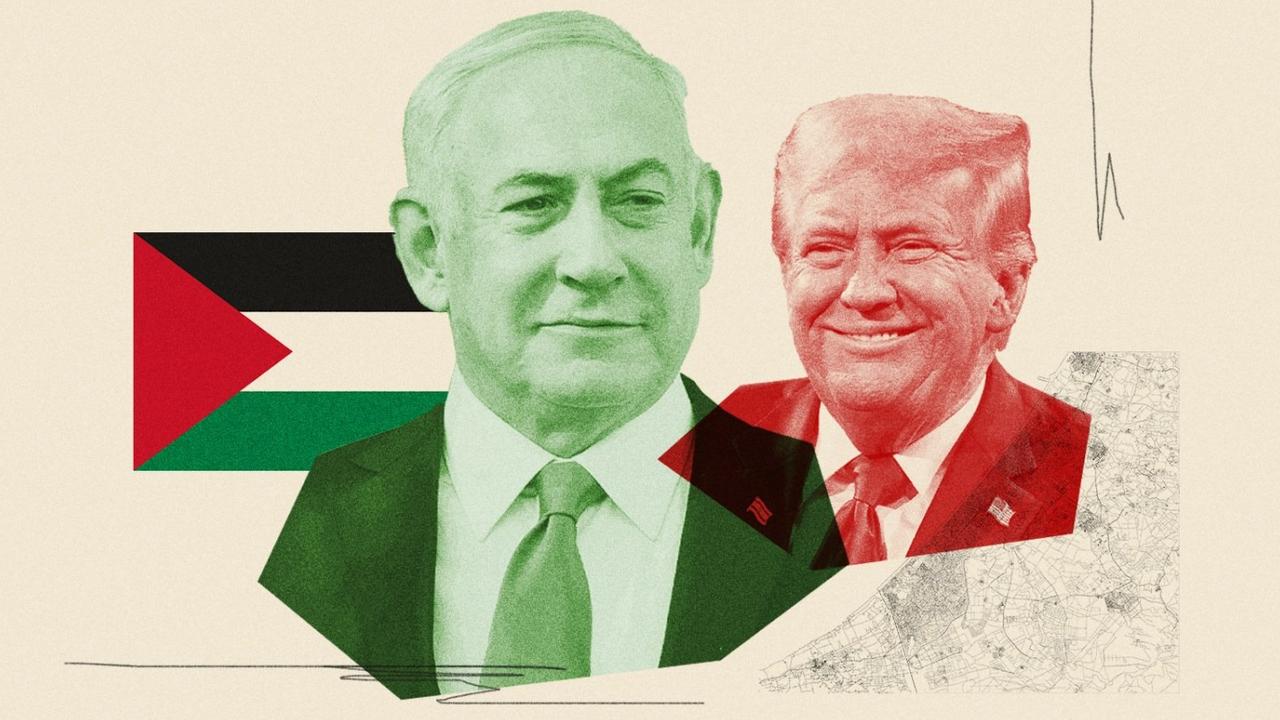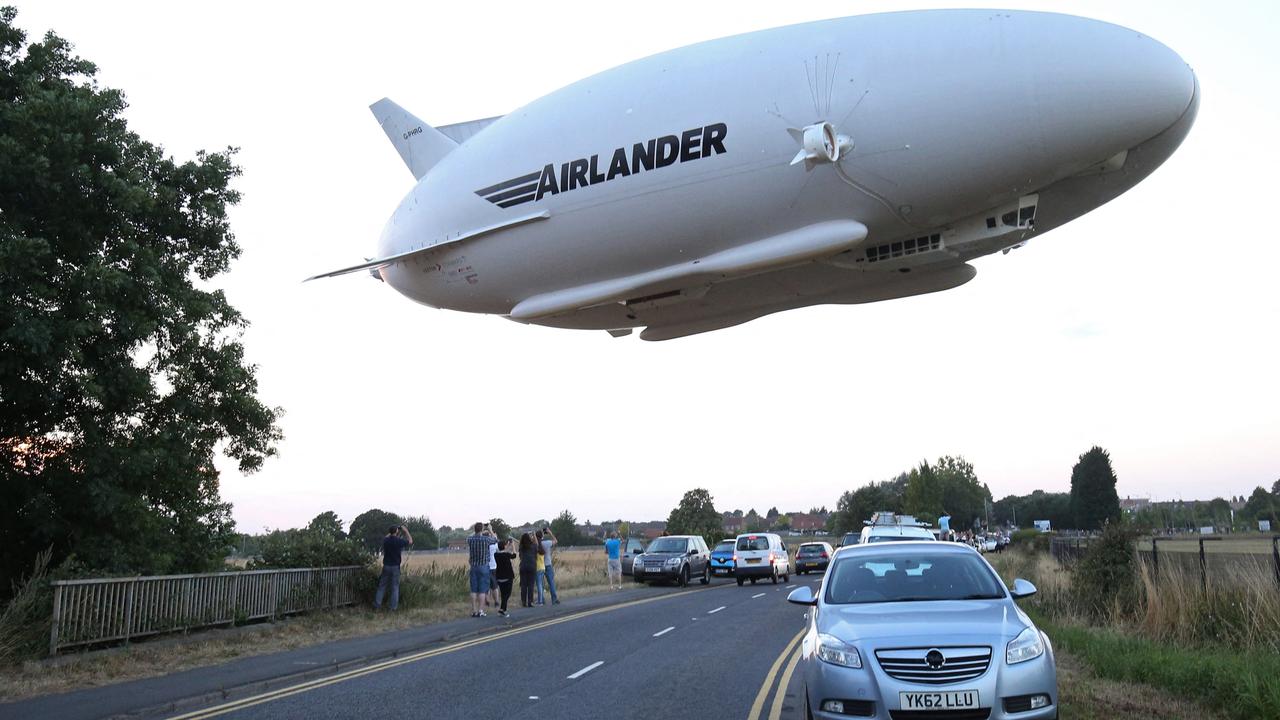Who is David Pecker? The ‘tabloid king’ testifying at Trump’s trial
The former National Enquirer publisher used his publications to curry favour with big names and is accused of using a ‘catch and kill’ policy to help Donald Trump.
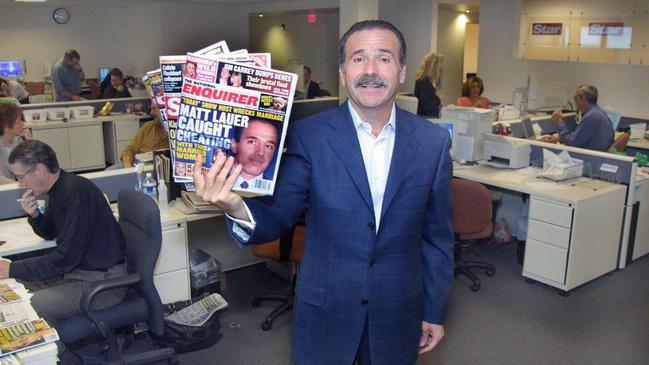
Donald Trump and David Pecker had the kind of symbiotic relationship that served the other perfectly.
Pecker was the so-called tabloid king, Trump the up-and-coming property magnate who craved nothing more than good publicity and a spot in New York’s social scene.
It was the mid-nineties, when real estate was booming and magazines that traded in gossip, like Pecker’s National Enquirer, were at the height of popularity.
The Manhattan court trying Trump’s so-called hush money trial heard on Monday how Pecker, 72, used his publications to curry favour with high-profile figures such as Trump in exchange for business advice.
He would help launch Trump Style magazine, which documented the “glamour and fun” of the billionaire’s luxury property portfolio.
Every facet of his business life blended into the personal for Trump, and Pecker would soon be travelling with the scion on his private jet between their homes in New York and Palm Beach, Florida. Trump invited Pecker to his wedding to Melania in 2005.
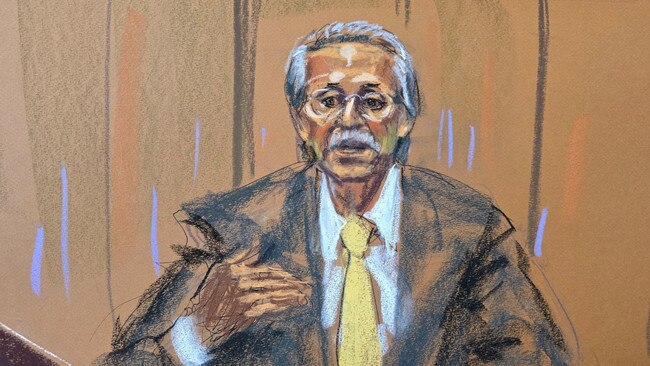
By August 2015, when it came to the newly minted Republican’s first run for the White House, Trump felt comfortable enough with Pecker to ask him in a meeting at Trump Tower with Michael Cohen, the former president’s longtime fixer and personal attorney, to “act as the “eyes and ears’ for the campaign by looking out for negative stories”, prosecutors said.
Pecker, as the chairman of American Media Inc, allegedly then went about buying exclusive rights to such stories – more often than not brought in by young vulnerable women – with no intention of publishing them, in a practice known as “catch and kill”.
One of those instances involved the adult film actor Stormy Daniels, who said she had an affair with Trump and claims she was paid $US130,000 by Cohen to stay quiet.
In a separate incident, AMI agreed to pay the model and former Playboy Bunny Karen McDougal $US150,000 in the run-up to the 2016 election for her silence about an alleged affair with Trump.
While the latter deal is not part of the charges against the former president, prosecutors are expected to use it to establish a pattern of such payments.
Pecker is due to testify that he ran stories in the tabloid to boost Trump’s campaign.
The National Enquirer ran headline after headline that “extolled the defendant’s virtues,” prosecutor Matthew Colangelo said in his opening statement, noting that the Enquirer also ran pieces attacking Trump’s political opponents, including Ben Carson and Ted Cruz.
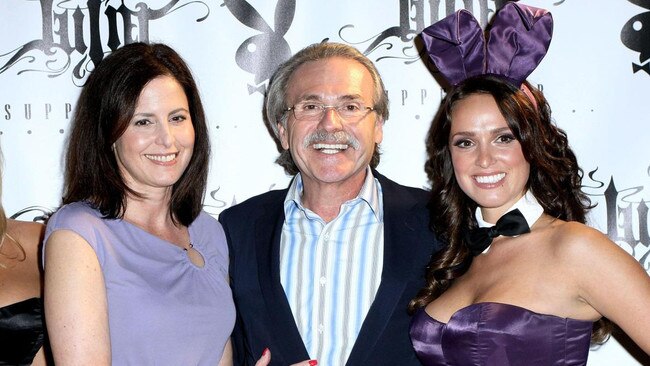
Pecker and AMI provided prosecutors with details about Cohen’s payment to Daniels after being subpoenaed by federal investigators in April 2018. He was later granted immunity from prosecution in exchange for testimony about Trump’s knowledge of the payment.
Of all the witnesses in the made-for-tabloid saga playing out in criminal court, Pecker may be less familiar than some, but Trump is likely to be most worried about him.
Pecker has the credibility Cohen lacks. Cohen pleaded guilty and spent time in prison for a campaign finance violation for arranging the payment to Daniels. Not only that, but the lawyer is accused of committing perjury in his own trial, making him a “known liar” according to Trump’s legal team, which points out that Cohen has spent the intervening years making the downfall of Trump his own personal revenge mission.
Pecker is also crucial to bridging the toughest gap in this case – proving Trump’s intent. Prosecutors allege Pecker’s part in the conspiracy to shield Trump from any bad press effectively helped him “corrupt” the 2016 election, in which the Republican beat Hillary Clinton.
The hush money deals set in motion a finale even the parties involved had not predicted.
The court heard on Monday how on election night, as Trump edged closer to being declared the victor, Stormy Daniels’ then-attorney Keith Davidson sent a text message to the editor of the National Enquirer that simply read “What have we done?”
The Times

